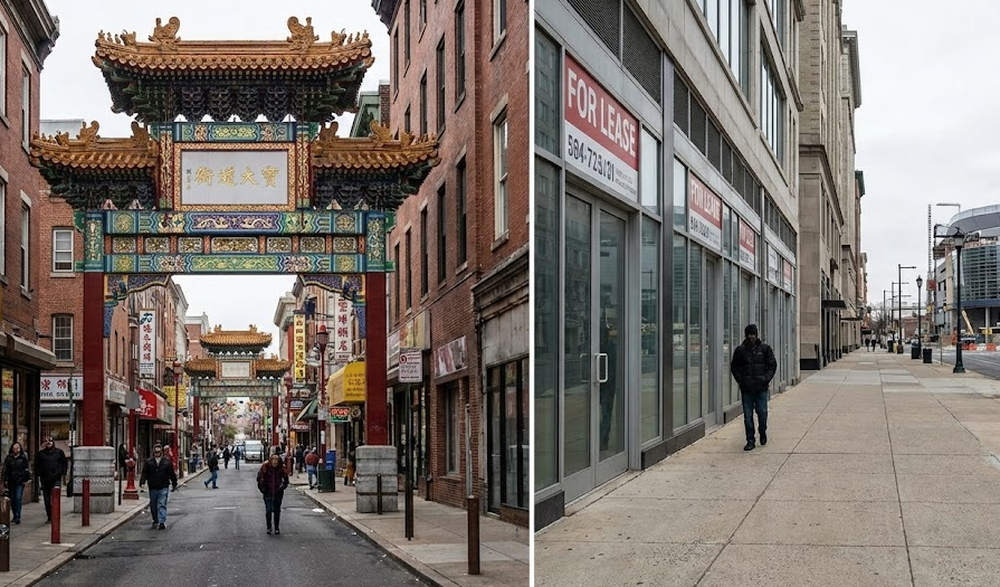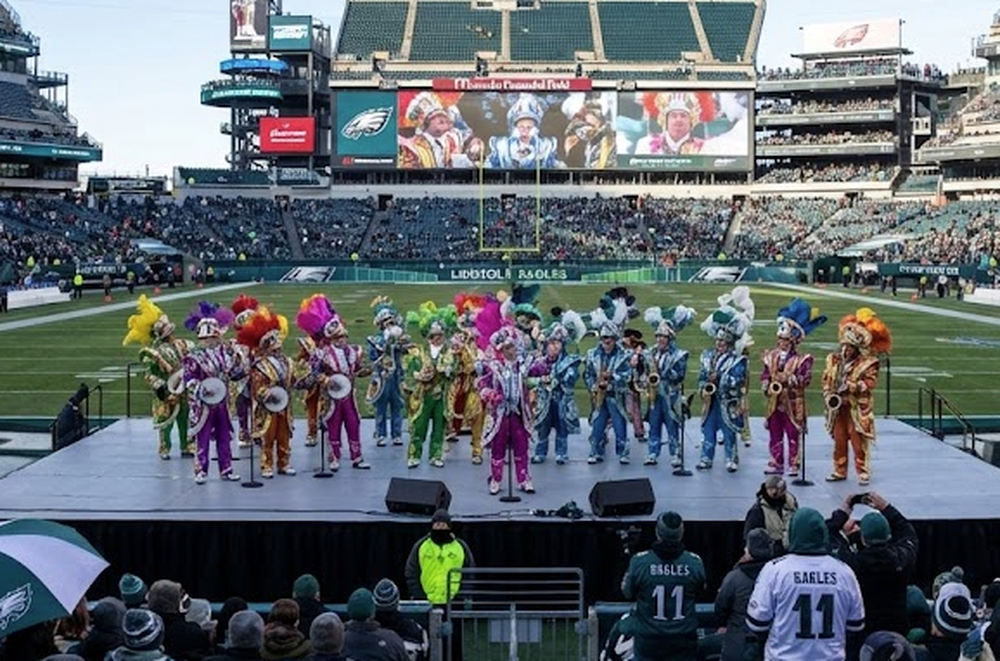PHILADELPHIA, PA – The City of Philadelphia is emphasizing its identity as a "welcoming city," a term that underscores its commitment to inclusivity and support for all residents, including its vibrant immigrant communities. This designation is being highlighted as the city continues to define its approach to local governance and its relationship with federal immigration policies.
The distinction between a "welcoming city" and a "sanctuary city" is often nuanced. "Sanctuary city" is a term that typically refers to jurisdictions that have policies in place to limit cooperation with federal immigration enforcement (ICE) detainer requests and administrative warrants. These policies are often aimed at fostering trust between immigrant communities and local law enforcement, encouraging individuals to report crimes and access city services without fear of deportation.
By contrast, a "welcoming city" status often emphasizes a broader range of proactive initiatives designed to integrate immigrants and refugees into the social, economic, and civic fabric of the city. This can include:
- Ensuring Access to City Services: Making sure that all residents, regardless of immigration status, can access essential services such as education, healthcare, and public safety.
- Promoting Cultural Understanding: Fostering programs and initiatives that celebrate the diversity of the city's population and build bridges between different communities.
- Supporting Economic Opportunity: Creating pathways for immigrants to contribute to and benefit from the local economy.
- Language Access: Providing resources and services in multiple languages to overcome communication barriers.
Philadelphia has a long history of being a city built by immigrants and has, in the past, implemented policies consistent with "sanctuary city" principles, particularly around limiting local law enforcement's entanglement with federal immigration enforcement. The current emphasis on being a "welcoming city" may represent a way to highlight these broader supportive initiatives while navigating the often politically charged nature of the "sanctuary city" label.
The city's Office of Immigrant Affairs generally plays a key role in coordinating these efforts, working with community organizations and city agencies to provide resources and advocate for immigrant populations.
Philadelphia's self-identification as a "welcoming city" underscores its commitment to fostering an inclusive environment for all its residents, including its diverse immigrant communities. While the specifics of its interaction with federal immigration enforcement are a key component of this identity, the "welcoming" framework emphasizes a broader range of policies and programs aimed at supporting and integrating newcomers into the life of the city. This approach reflects Philadelphia's enduring legacy as a city that has historically opened its arms to people from around the world.







